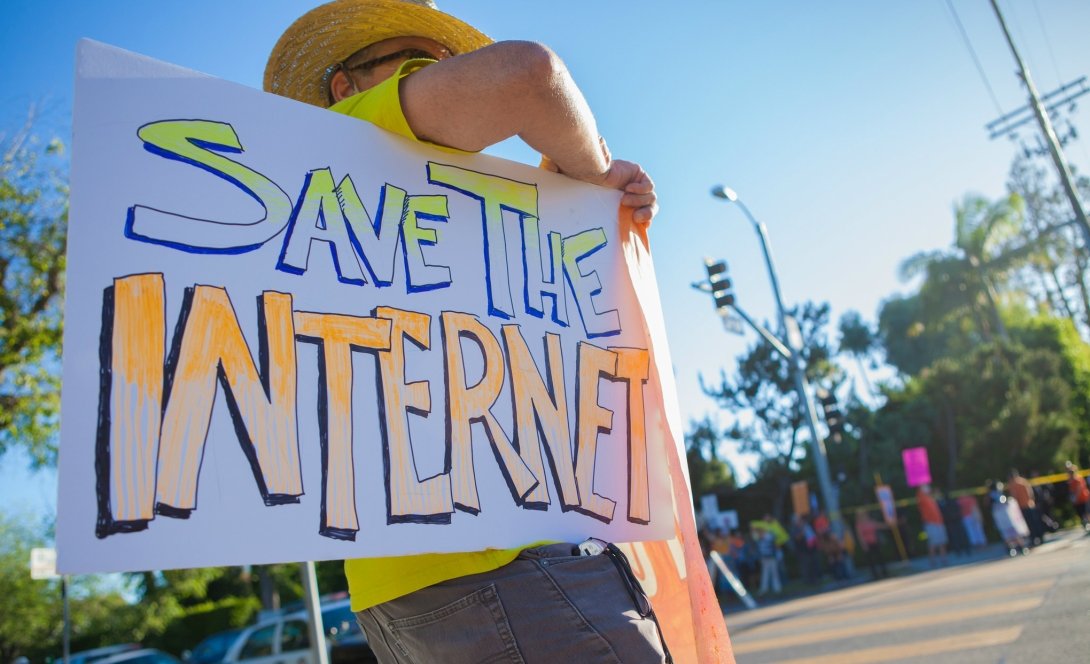Internet Users Score Another Victory in Court

Stacie Isabella Turk/Ribbonhead
Internet users and Net Neutrality advocates won again in court this week.
What the ruling said
A majority of the U.S. Court of Appeals for the D.C. Circuit refused to grant a motion, filed by the ISPs suing to overturn the FCC rules, that asked the court to reexamine its June 2016 decision upholding the FCC’s reclassification of broadband internet service providers as Title II common carriers. That designation is integral to creating the protections that safeguard Net Neutrality and the open internet.
This week’s majority opinion confirmed, yet again, that the FCC rightfully acted under its lawful authority when it placed broadband ISPs under Title II again, designating them as common carriers that carry or transmit data for their users.
The court could not have been clearer. On the question of “whether the FCC has clear congressional authorization to issue the rule” it said, simply, “The answer is yes.”
Net Neutrality’s corporate opponents also failed to convince the court of the — in the majority’s words — “counterintuitive notion” that ISPs have a First Amendment right to block or throttle any web content they wish, even if they promise consumers unfettered access to the open internet.
Far from giving credence to any such First Amendment right to block other people’s content, the court acknowledged the severe threat to free speech that such ISP blocking or throttling would represent:
“[A]n ISP, again having held itself out as affording its customers an unfiltered conduit to internet content, could block them from accessing (or significantly delay their ability to load) the Wall Street Journal’s or the New York Times’ website because of a disagreement with the views expressed on one or the other site. An ISP has no First Amendment right to engage in those kinds of practices. No Supreme Court decision suggests otherwise.”
The court ultimately recognized that blocking, throttling and paid prioritization are “incompatible with a promise to provide a neutral, indiscriminate pathway to content of a customer’s own choosing.”
A defeat for open-internet foes
The phone and cable companies that unsuccessfully sued the FCC may yet appeal the FCC’s 2015 Open Internet Order to the Supreme Court — though the D.C. Circuit’s strong decisions may make that less likely.
But whether or not the ISPs keep fighting this decision, this latest opinion blows holes in the arguments Net Neutrality opponents like FCC Chairman Ajit Pai have been making to justify gutting the open internet rules.
In his statement about this week’s loss for his side, Pai was left grasping at straws and attempting to have it both ways. He praised the majority opinion for affirming the FCC’s discretion to classify broadband-internet access — all the while insisting that the FCC’s Title II order was unlawful.
Despite Pai’s spin, the court made clear that the FCC was right to reclassify broadband ISPs as common carriers to protect our rights.
Unfortunately, even in the face of yet another decision that upholds the Open Internet Order, Chairman Pai is charging ahead with plans to dismantle these protections and cede control of the internet to companies like AT&T, Comcast and Verizon. People need to stand up to him again and fight for these vital communication rights.